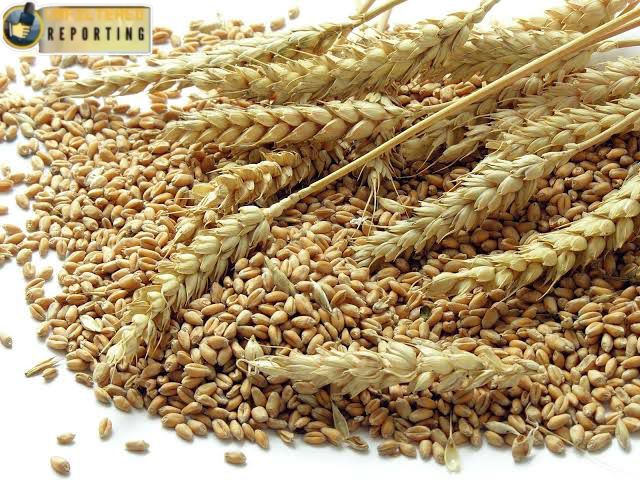FG in Bumper Wheat Production, Decuples Records

The Federal Government has recorded a significant boost in wheat production, with yields increasing by more than tenfold, according to Dr. Kingsley Uzoma,
Senior Special Assistant to President Bola Ahmed Tinubu on Agribusiness and Productivity Enhancement. Speaking on Arise News’ The Morning Show, Dr. Uzoma said the improvement is a result of targeted interventions under the Tinubu administration to support farmers and improve food security nationwide. He revealed that over 500,000 farmers, particularly in Jigawa, Kaduna, Sokoto, and Zamfara states, have benefited from the government’s wheat development programme. This, he said, is part of broader support under the African Food Security Emergency Support Programme, which also includes the distribution of 2.15 million bags of NPK fertilizer to farmers across the country in 2024. "The fertilisers were distributed based on data from registered farmers. Not all states received the same quantity, but allocations were made based on actual needs and coverage,” Uzoma stated. Addressing issues of mechanization, he noted that President Tinubu is finalizing a system that will ensure tractors are allocated only to genuine farmers. A committee comprising farmer groups and key stakeholders has been set up to design the distribution framework. Dr. Uzoma also announced the launch of the Irrigate Nigeria project—an initiative under the Renewed Hope Infrastructure Fund aimed at tackling irregular rainfall patterns and reducing reliance on seasonal farming. The project, which began with a 10,000-hectare pilot in Bauchi State, is expected to expand to cover five million hectares across the country. "Due to climate change, several states including Kwara, Kogi, and Enugu experienced in-season droughts that destroyed crops last year. The President has vowed this must not happen again, and this irrigation project is a critical step to ensure year-round farming," he said. The government’s agricultural strategy, Uzoma added, is focused on measurable outcomes rather than promises, with a strong emphasis on improving yields, empowering genuine farmers, and enhancing national food security.









